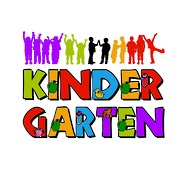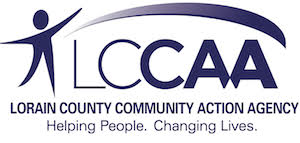
Majority Unaware Kids Not Ready for Kindergarten
posted 2/2/19 -- From Gongwer News ServiceWhen asked whether a majority of Ohio students start kindergarten with adequate preparation, most respondents to a newly released poll incorrectly answered that they do.
About 48% of respondents correctly stated that most students starting kindergarten are not ready, while 52% thought the opposite, according to the poll from the University of Akron's Ray C. Bliss Institute of Applied Politics.
The Ohio Public's Views on Early Childhood Education Issues poll, which was released in January, found Ohio residents were more knowledgeable about other aspects of early learning.
More than 60% of residents correctly determined that: Children from poorer families do not start kindergarten equally prepared to students from richer families; children who are not prepared for kindergarten have a difficult time catching up; and parents who cannot secure childcare have trouble remaining employed.
"Overall, about one-quarter of the Ohio public (24%) knew 'a great deal' about some basic facts about early childhood education; about one-third (34%) knew 'a lot;' and about another one-quarter (28%) knew 'some' about the subject. The remaining one-seventh (14%) know 'little,'" a summary of the survey results stated.
About 64% responded that they were "very aware" or "somewhat aware" of issues surrounding early childhood education, compared with 85% for opioid addiction and 56% for the state's Medicaid expansion.
About two thirds (66%) of respondents rated the importance of making all-day daycare available to Ohio residents an 8, 9 or 10 on a scale of 1-10. The same percentage of respondents ranked a proposal for all-day preschool either an 8, 9 or 10.
Respondents viewed home visits to assist with school preparedness as less important, with 38% giving it one of the three highest scores.
Asked if they were willing to raise taxes to pay for early childhood education programs for all of the state's children, about 35% ranked their willingness as either an 8, 9 or 10. That percentage grew to 42% when respondents were asked if they were willing to hike taxes for such programs for disadvantaged children.
When quizzed on how they would prefer to pay for such programs, 38% picked the state sales tax, while 30% backed business taxes, 24% selected income tax and 8% preferred property tax.
The Center for Marketing and Research conducted the poll via a random sampling of 1,000 eligible voters from Sept. 10-Oct. 4. The margin of error for the survey is 3%.
